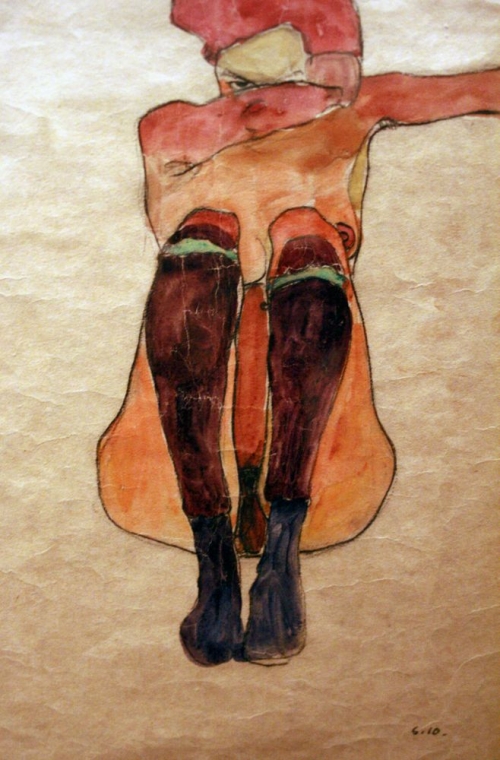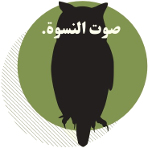
Pathology (n.)
Any deviation from a healthy or normal condition
My body is a fertile ground for misunderstanding. It inspires bewilderment and fear. It purges itself and syncs with the moon. My womb has a mind of its own -- it could start wandering around at any point, causing me to act erratically and uncontrollably.
I am your alienation. You do not see yourself in my unfamiliarity. I seek safety in numbers. I roam the streets looking for fellow foreign bodies. We, the non-default.
There is always a moment of discovery, a sort of realization of your own foreignness. Mine came with intense headaches in my early childhood. My mind was too much for my frail body and I often fantasized of being able to simply remove it. To experience the lightness of headlessness. My worried parents were repeatedly told by emergency room personnel that it must be psychological. It took years before a doctor was able to name my pain as one that had long inflicted my father’s family: try this medicine, he said, if it works then it is migraine.
My feeble body, eternally misunderstood, baffled doctors. The nature of my pain was somehow implausible. They threw Deanxit at my backache, Xanax at my muscle cramps, and always asked me if I was stressed when my stomach hurt. My gynecologist referred me to the psychologist in her building as soon as I uttered the word “discomfort”. I completely lost credibility when, in addition to being a woman, I became a migrant. I became totally illegible as a corporeal being. The doctors did not need to do blood tests to know what was wrong with me. The diagnosis to my physical ailments was consistently presented to me in the question: “When did the war start in your country?”
How I hated their sad eyes, --“There is no war in my country”-- their downward looks, their slightly tilted heads, their eyebrows crossed just enough to show gentle concern -- “The horrible things you must have witnessed, you poor thing!”. That concern, I came to expect it, but I never grew accustomed to it and it never ceased to enrage me.
I read an article the other day that wrote of women who are dying because doctors treat us like men, and I immediately thought: we also die because they treat us unlike men. While medical research historically used male bodies as default, endangering women by not recognizing their particularities, medical personnel certainly does not apply that same gender-blindness.
Women are forced to prove that pain is based in reality and not in emotion. Screaming does not help us get heard. It silences us -- the hysterics. So I muffle the screams. I nod my head, feign understanding, and cry my rage out on my walks home from the clinic.
I anguish as I recall the day I came close to losing my friend. I see her on that hospital bed, gasping for air. A week earlier, a doctor had prescribed her Xanax for her “anxiety induced short breath”. Another suggested her period was exhausting her body. She had diabetes, and was, at that point, on the brink of comatose.
We, foreign bodies, are undoubtedly a pathology -- a deviation from normality -- whether by birth or through cultural displacement. We are threats neutralized by psychotropic medication and farcical beings made legible through psychiatric diagnosis.
Nineteenth-century microbiologists explained illness as an exogenous phenomenon, suggesting that disease originates not in the essential composition of the body, but in an external, intruding pathogen to which the body had been exposed. I know this not to be true, for I have experienced sickness from within.
I am not sick. I am your sickness. I am the pathology within your body. The projection of your privileged fears. Go on. Medicate me into your own oblivion.
Publisher:
Section:
Category:






